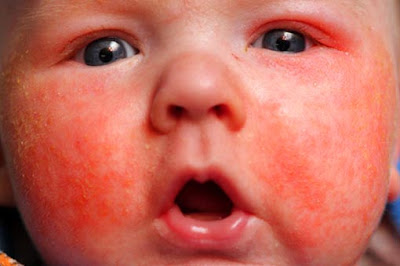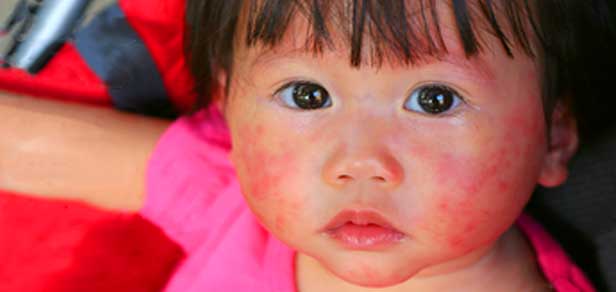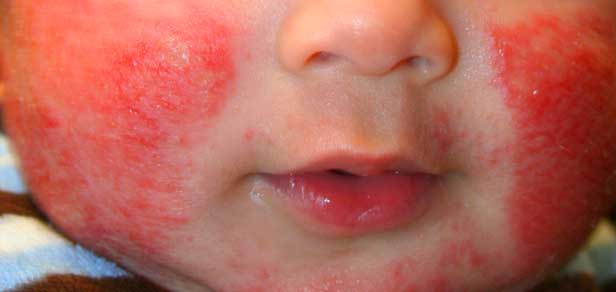Though psoriasis in children is less common than in adults, it’s still important to remember that children can be susceptible to it as w...
Though psoriasis in children is less common than in adults, it’s still important to remember that children can be susceptible to it as well.
This chronic skin condition is much rarer in children, but it is far from unheard of, and if a child in your care develops psoriasis-like symptoms, there are some very important things for you to consider.
In many cases, children will develop “psoriasis” after a cold or other respiratory illness.
The condition is non-contagious, but it can be distressing for the parent and for the baby. Some people will go into remission while others will not, and if the psoriasis sores are in a visible spot, it can also cause some embarrassment or teasing.
Talking With Your Child About Psoriasis
If your child has psoriasis, it’s important to make a few facts clear to them. “Young child“ can be given an outline of the condition, while older children can be given more advanced literature.
Psoriasis often manifests as reddened lesions covered with a silvery scale, and though it can be irritating and even painful, it is not life-threatening in most cases.
The sores themselves can be sore to the touch, though some people find that the worst problem is the itching.
It is a condition that affects about one person in forty, and though there’s often a genetic trigger for the condition, it can also occur even when there is no history of such in the family.
Symptoms
Symptoms
In children, psoriasis might be something that is mistaken as the chicken pox when it appears, usually because it follows a respiratory illness.
It’s typically diagnosed by a doctor who recognizes it by its appearance, and it’s usually confirmed through a skin sample or a biopsy.
Some common forms of the condition include plaque psoriasis, which is the most common, guttate psoriasis, which forms teardrop-shaped lesions and inverse psoriasis, where lesions are located in the folds of the skin.
While there is no cure for psoriasis, there are many treatments that can improve the “symptoms of psoriasis” or even send them into remission.
While there is no cure for psoriasis, there are many treatments that can improve the “symptoms of psoriasis” or even send them into remission.
With Psoriasis Children May Have A Difficult Time Dealing With their friends
When a child is dealing with stress from school and from their peers, psoriasis can seem like the end of the world.
When a child is dealing with stress from school and from their peers, psoriasis can seem like the end of the world.
Help them explain the illness to their friends and to their friends’ families if need be, and remember that they are going through a rough time.
Talk about how they feel about concealing the lesions and whether that is something that they want to do.
Help them nurture a healthy self-image that would help them combat these issues.
There’s no question that “dealing with psoriasis in children” can be challenging for you as well as for your suffering child.
There’s no question that “dealing with psoriasis in children” can be challenging for you as well as for your suffering child.
Helping your child with psoriasis is something that you should be ready to do, and the more you know about the condition, the better.
Treatment
- Topical ointments are usually recommended if the lesions are not too severe and they might contain anything from steroid creams to vitamin A and vitamin D.
- Another “treatment” that is often recommended is phototherapy, where the skin is exposed to UVB light for the space of three to five weeks.
- In severe cases, where the skin growth needs to be slowed down, medications meant to suppress the immune system might be used.
Post Related to Skin Care
- NaturalPsoriasis Treatment Just Within Our Reach✔✔✔
- psoriasis treatment by Medication✔✔✔
- How To Cure to Skin Problems✔✔✔

















COMMENTS